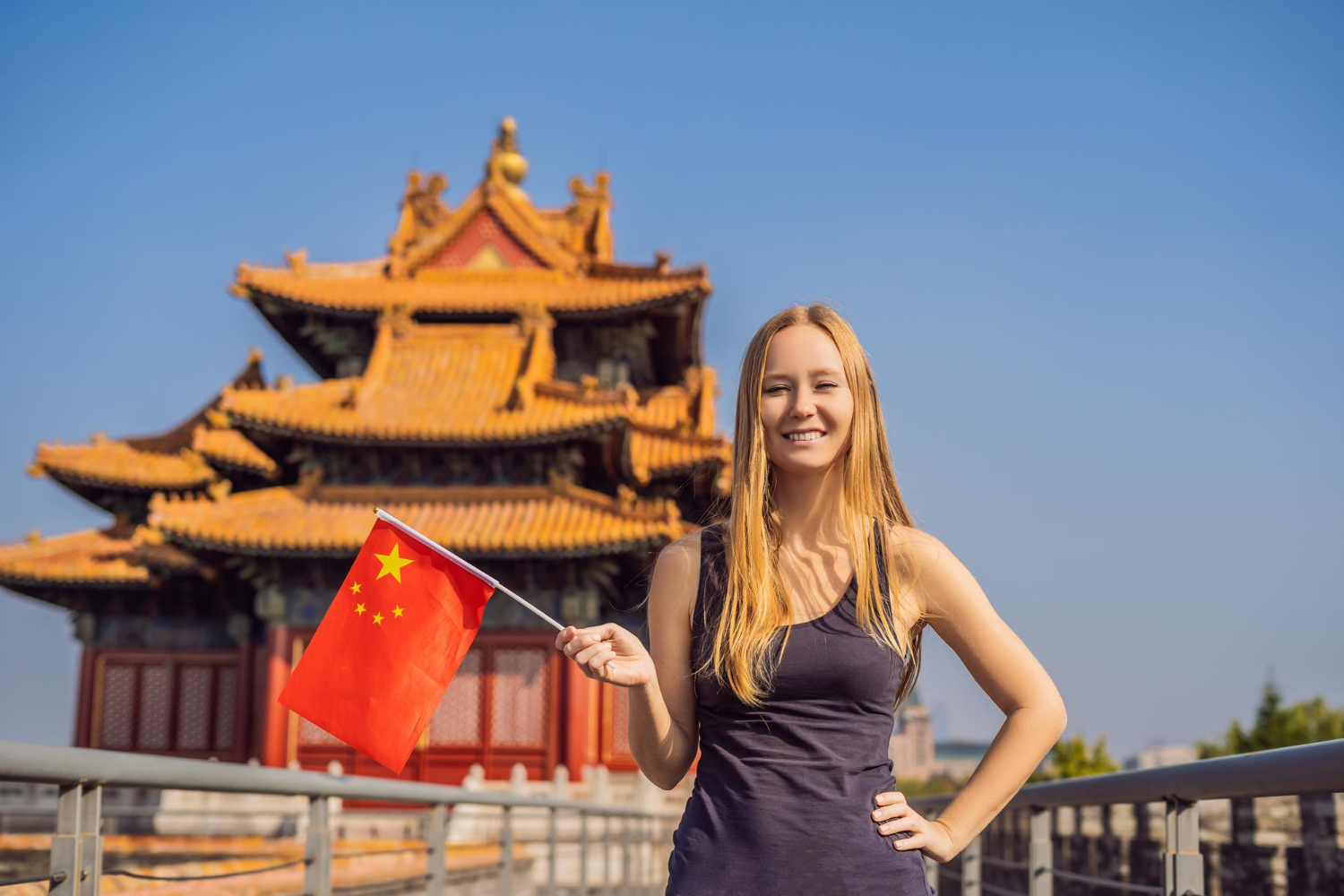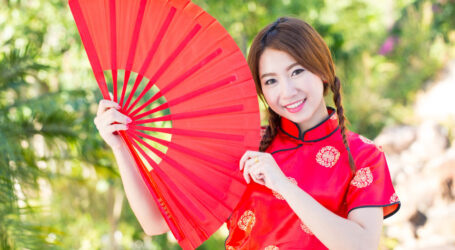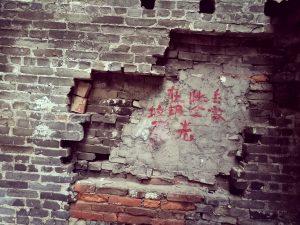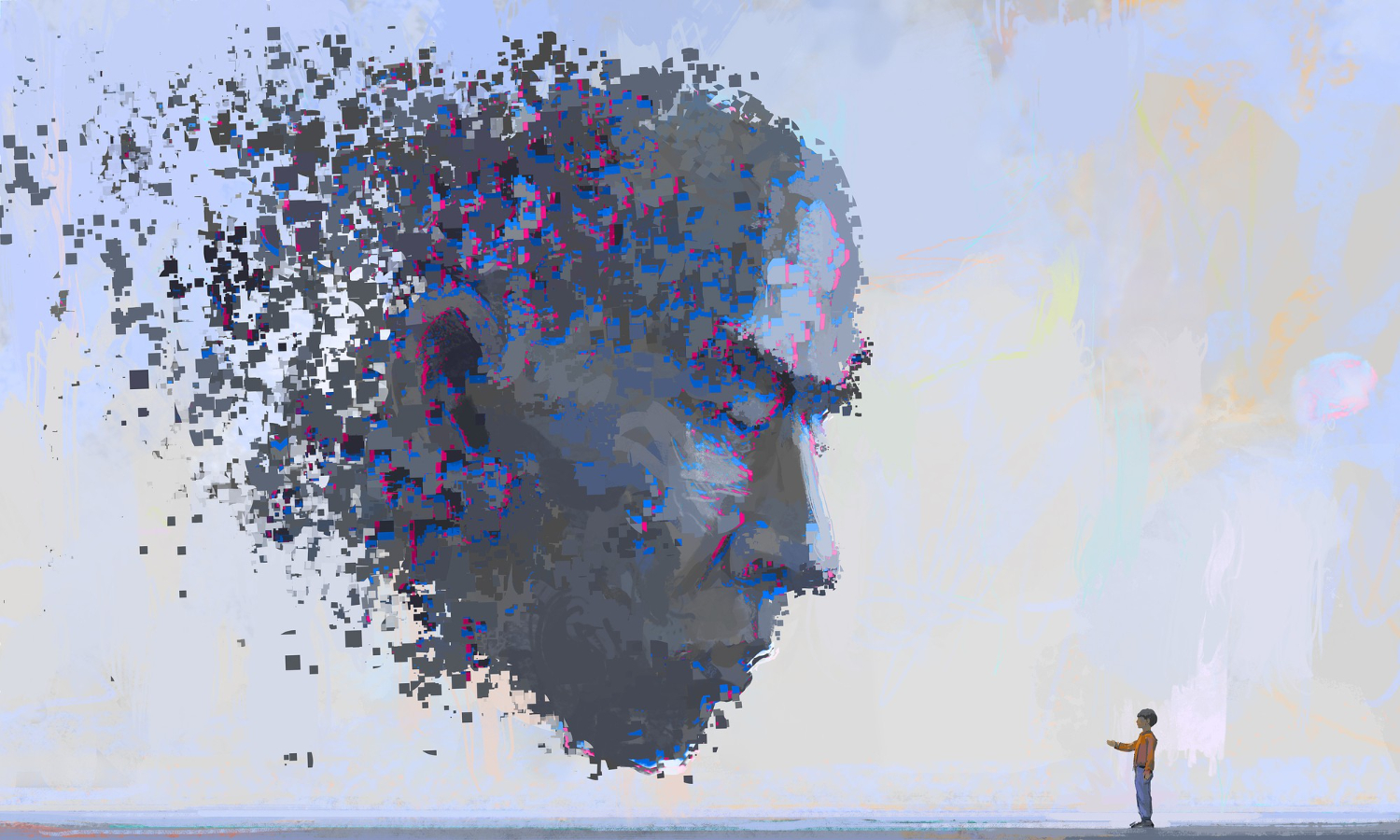Being Labelled A Laowai (老外)
When I was at dinner last night, I heard two Chinese girls on the table across from me casually looking in my direction and saying, “老外.”
I am thinking, “What is it their business? And why are they referring to me as Laowai (老外)?”
Later in the night I came back to my hostel in Guangzhou. Working quietly away on my laptop in the hall room near the windows, a large group of 6 Chinese patrons sat around a table, playing card games and talking. I was so busy in my work I did not pay attention to their conversation.
Towards the end, I had a break. I leant back on the chair, and heard from the other room one of the girls call “Laowai.”
I look over deliberately and stare, unhappy with what they were calling me.
Then, four of the people’s face in the circle turned to me, and searched, “Laowai?”
I am looking directly at them at this point. They saw me staring back, and awkwardly laughed.
I snapped back angrily, “我不是老外,我是外国人! I am not a Laowai. I am a foreigner!”
I had an angry look on my face, and the people did not know how to react. They were all embarrassed.
The girl who instigated the word soon remarked meekly to the group, “I am a bit embarrassed. 我有些尴尬.”
I heard this, and think in my mind, “You can feel embarrassed but you are a racist. That is what you are.”
So, I stopped talking to them for the rest of the night, and decided I will not befriend them in the hostel.
Chinese Immigrants Who Still Use China-Centric Pejorative Terms
The worst insult would be for one of those Chinese people who called me a Laowai in China to come and immigrate to Australia, segregate themselves from Australian society, still speak in Mandarin in Australia, and then, on one of my travels back to Australia, I happen to meet them, and they still refer to me in Australia as a Laowai (老外) or Foreigner (外国人).
To an Australian born and raised in their own country, for an immigrant to label an Australian a foreigner (老外) in their own country is a huge insult to us.
I have encountered it frequently in Australia, where older-generation Chinese immigrate to Australia for their children and still refer to Australian people in the same China-centric context as if the Chinese person were still in China.
But the “foreigner” context does not apply in my western country anymore. I was not born in Australia to think of myself as a foreigner in my own country. For a foreigner to come to my country and use their China-centric views to call me a foreigner, it is just bizarre. But to repeatedly encounter Chinese who come abroad and continue to use the term Laowai, illustrates a disconnect between how Chinese struggle to comprehend the broader world.

The Bank Of China Example
One time in the Bank Of China in Sydney, an older Chinese grandmother called me a Laowai (老外). I feel like telling her, “You are in a western country now. Now you are the foreigner. You are the Laowai. 你是澳洲人的’外国人’。你是澳洲人的’老外’.”
But, when I sometimes remind Chinese in Australia that in fact they are the foreigner, and not me, they feel insulted by being labeled a foreigner. They look for euphemisms, such as “华人”.
Suddenly, this word “foreigner” that Chinese said was a nice, friendly way to refer to Westerners, now becomes a term that is not so friendly to be adopted as a label for Chinese who are overseas in my country, Australia.
To What Degree Is The Term Laowai A Racial Insult?
Over the years, when I asked Chinese people about the term Laowai (老外) or Guilo (鬼佬), their reaction is to defend the term, saying it is a friendly way to refer to foreigners. I think the term Laowai (老外) is a pejorative term that Westerns in China do not embrace.
The reason is because the term Laowai (老外) has a stigma attached, whereas the term Foreigner (外国人) or Overseas Chinese (华人) has a neutral or positive connotation.
I guess the only equivalent would be if Americans immigrate to China and use slang to call the local Chinese population Chinks or Nippers. It does not make sense for Americans to export their racism to countries where the phenomenon is nonexistent. The problem then becomes the person.
Nevertheless, I don’t believe this problem in perception will easily be solved. It will take generations, and a more modern and sophisticated China to leave behind such archaic terms, and embrace a more global community, where all communities are viewed equally, and China is not the center.

Diary Of A Mad Chaos is a daily diary written from March 1996 until today, of which individual books and book series have been created, namely “The Lost Years” an exploration of young, entwined love, the “Wubao In China (猎艳奇缘)” book series which provides an extensive comparative analysis of the cultural differences between Eastern and Western societies, and the book titled “Foreigner (华人)” an exploration of race relations in Australia.










